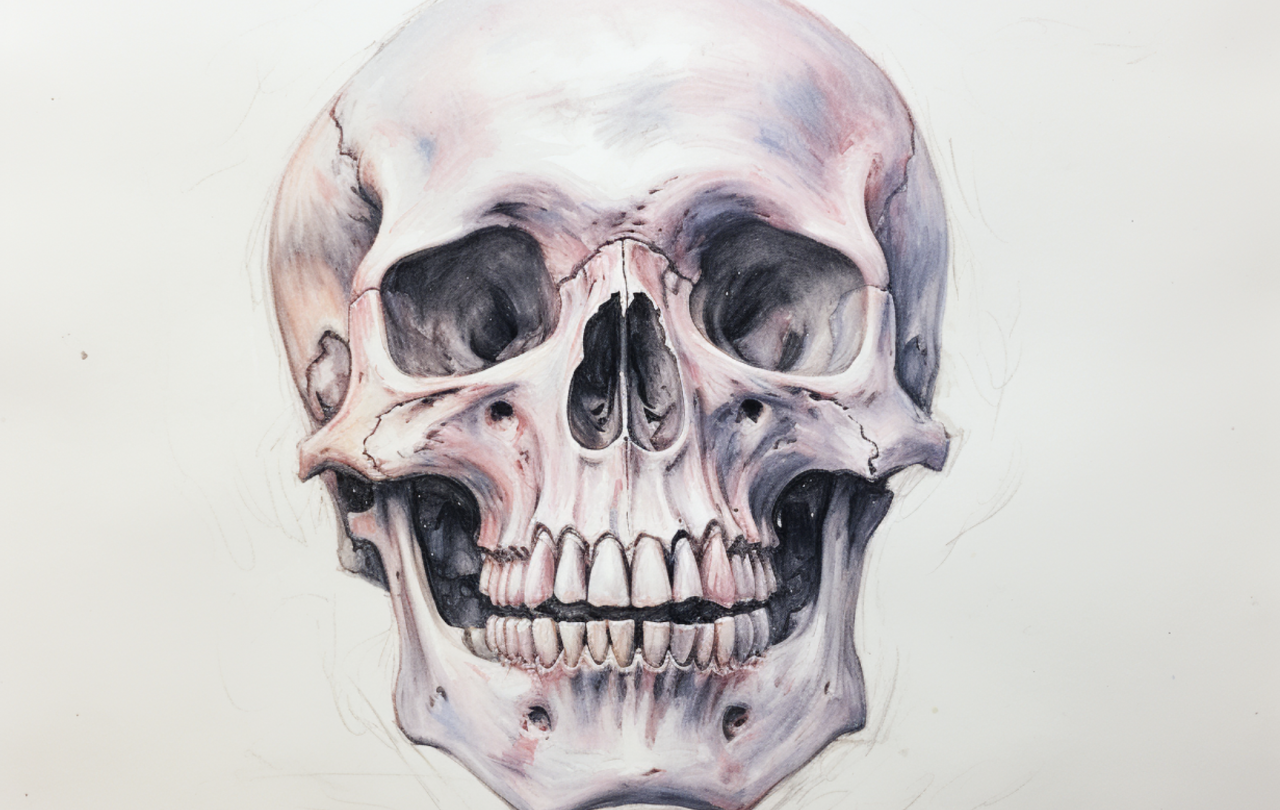
We're all going into extra time. If you've found yourself thinking, 'If only I had some more time', then this is the year for you. Congratulations. So how are you going to make the most of the extra day we're gifted? In a leap year, the 29th February square sits quietly there on the calendar, with little fanfare, unless you're one of the unfortunate souls to be celebrating your quadrennial birthday. But it's not just another Thursday. It's redemption time if you've ever flown east across the international date line and wondered where that day disappeared, never to return.
When you think about extra time in football, the pressure is only heightened, the anticipation and trepidation palpable. Willy Wonka - no, not the recent foppish Timothée Chalamet, but Gene Wilder – famously got muddled when he feverishly announced, 'We have so much time, and so little to do!' Unlike Otis Redding, sittin' on the dock of the bay, wasting time, we have learnt to squeeze more and more into our days, making the most of the time.
I'm not immune. I've recently begun using an AI app for scheduling meetings and tasks. This app promises to turbocharge my productivity by 137 per cent. Somehow it boasts, 'There are now 13 months in a year'. Of course, there's little way of measuring just how super-duper-extra-productive this is going to make me but so far, I still seem to only have seven days in my week. So, if we were to stop spinning on our hamster wheels of productivity for a moment, and take a look at time (given with this extra day we have the time to do so), how might we make the most of it?
The essence of time must mean both its quality and its quantity.
It's worth measuring not only how much time we have, but the quality of the time we have. We know how to measure time, but how do we measure this measure? Time is of the essence. But what is the essence of time? For Charles Dickens, the best of times and the worst of times went hand-in-hand. The apostle Paul warned the church in Ephesus to make the most of every opportunity, 'because the days are evil'. Is time neutral? Perhaps we should ask the women and children of Afghanistan after the Doha agreement was signed on the last 29th February, with ominous consequences. Every day has the capacity for good and evil, including in a leap year. And if the days are evil, then as we consider how we live, as the King James Version puts it, that we can 'redeem the time'.
Then there's not only redeeming the time in terms of its quality, but also its quantity. Eventually, one day (quite some time away), HS2 will mean there's 32 minutes 'saved' for those travelling between Birmingham and London. And how many times have you said or heard recently that you've 'run out of time'? Our society treats time as a scarce commodity. There's regret over the time that we have wasted on an unworthy Netflix offering, on doom-scrolling, or that time in the post office queue we'll never get back.
I recently went to a memorial service of a friend who died in her early 60s. It was not only a sober reminder that we don't know how much time we have, but also an inspiration to live like someone who made the most of her days, by helping others to make the most of their time.
The essence of time must mean both its quality and its quantity. Richard Curtis' film About Time invites us into the relationship between a father and son who have the power to travel through time. While the lesson learnt is that we have the power to make the most of every day, the bulk of the film is really about the relationship. Any time he wants, the son can escape back to Cornwall and play table tennis or skim pebbles along the water with his dad. These experiences beyond his own linear timeline teach him how to live in his present reality.
Christianity also invites us to live in the love between a Father and a Son, and from that place we keep time. Jesus spoke about eternal life: not only a quantity of life beyond death, but a quality of life that we can experience beginning today. Sure, we can't escape the reality of any of the worst times around us, but we can invite the best of times of eternity into today. Maybe our relationship with time is so fraught because we were made to live beyond time.
The wristband on my watch recently fell apart. I suppose you could say I've been walking around without time on my hands. Time doesn't need to be elusive, slipping away from us. Time, just like the day, can be seized and grasped. King David wrote of God: 'my times are in your hands'. A leap year gives us a whole extra day of deadlines, potential ephemeral joys and sorrows. Perhaps putting our hope not in today, nor tomorrow, but into the hands of the maker of time is the greatest leap.





